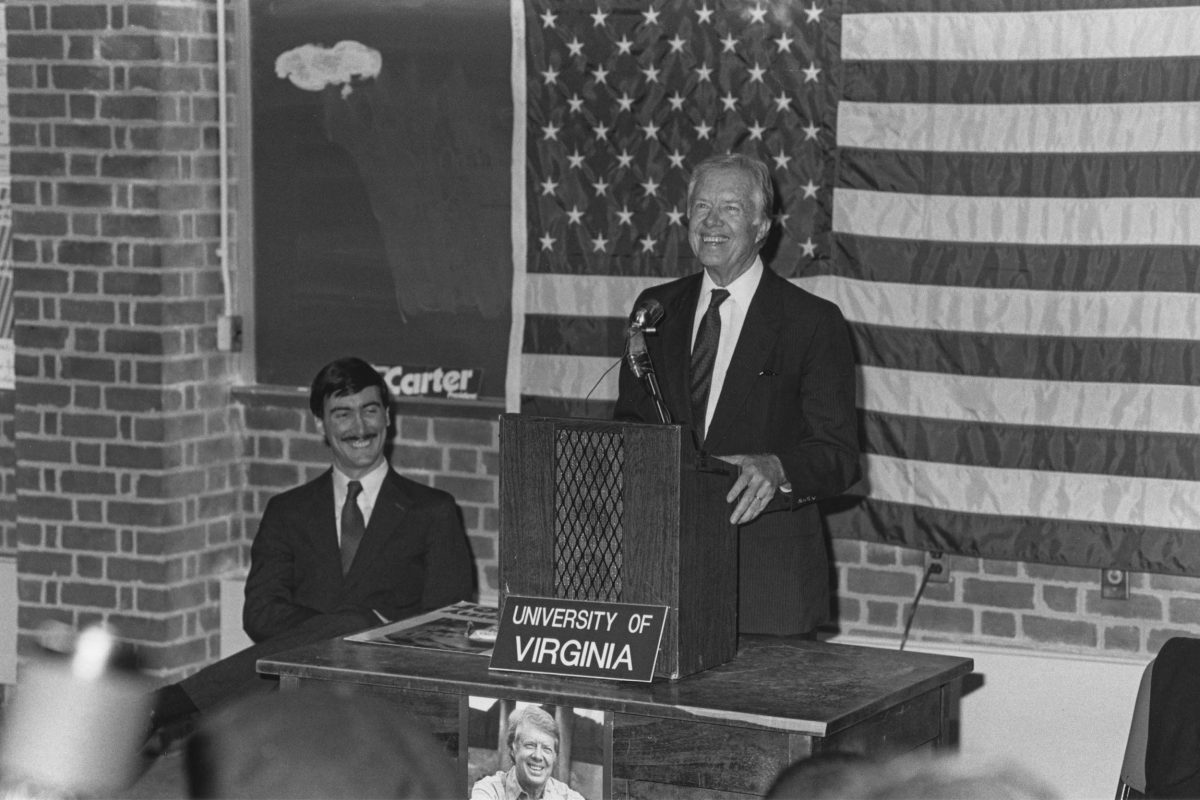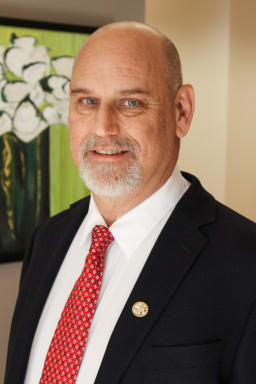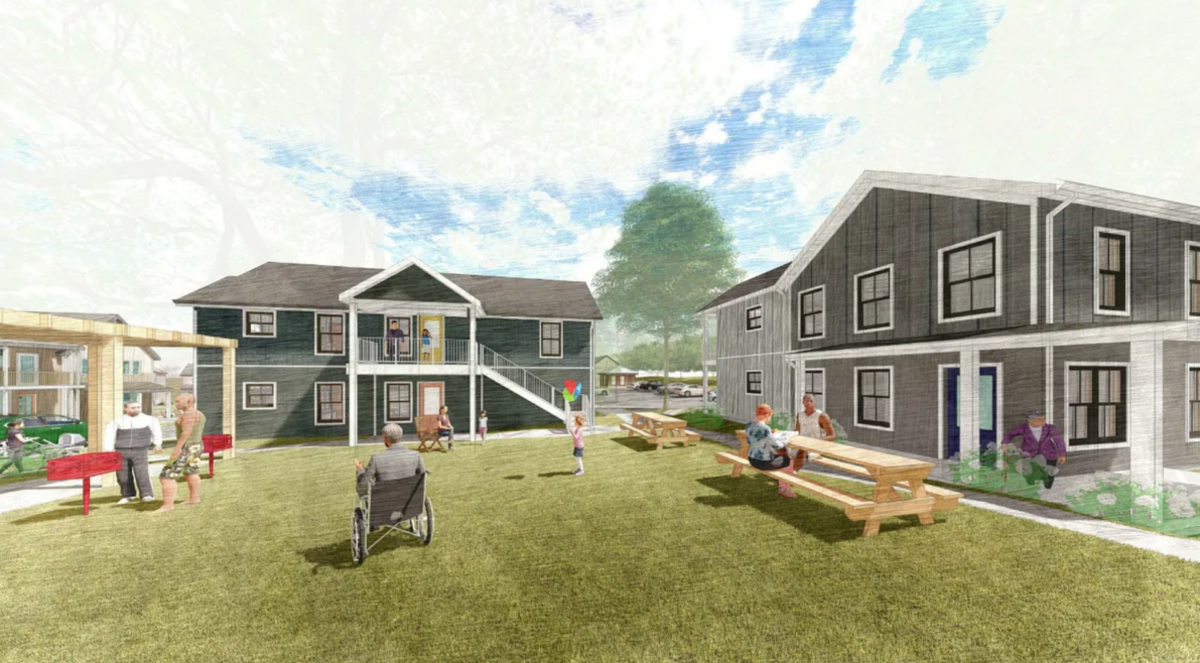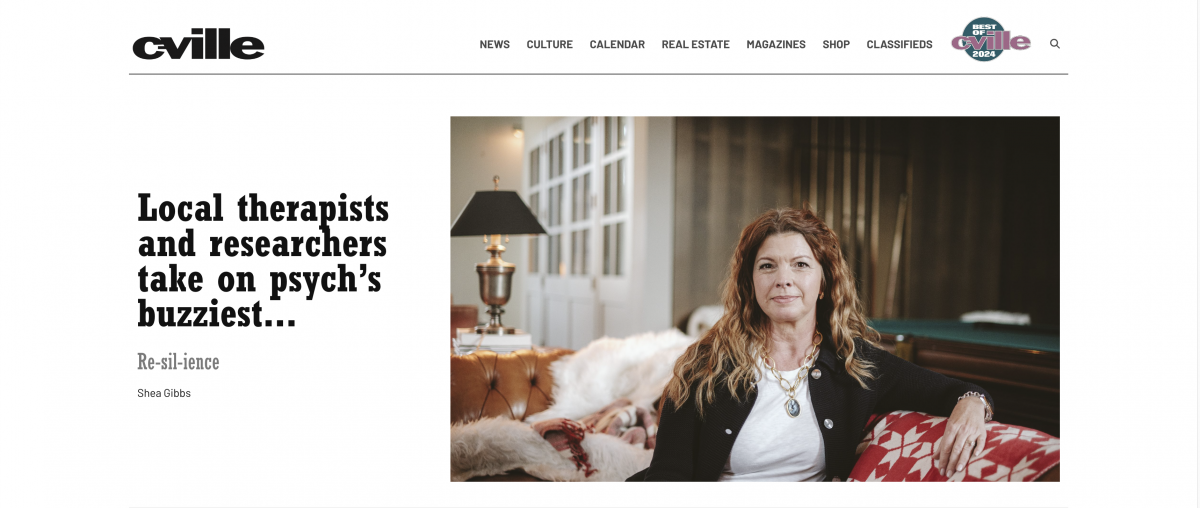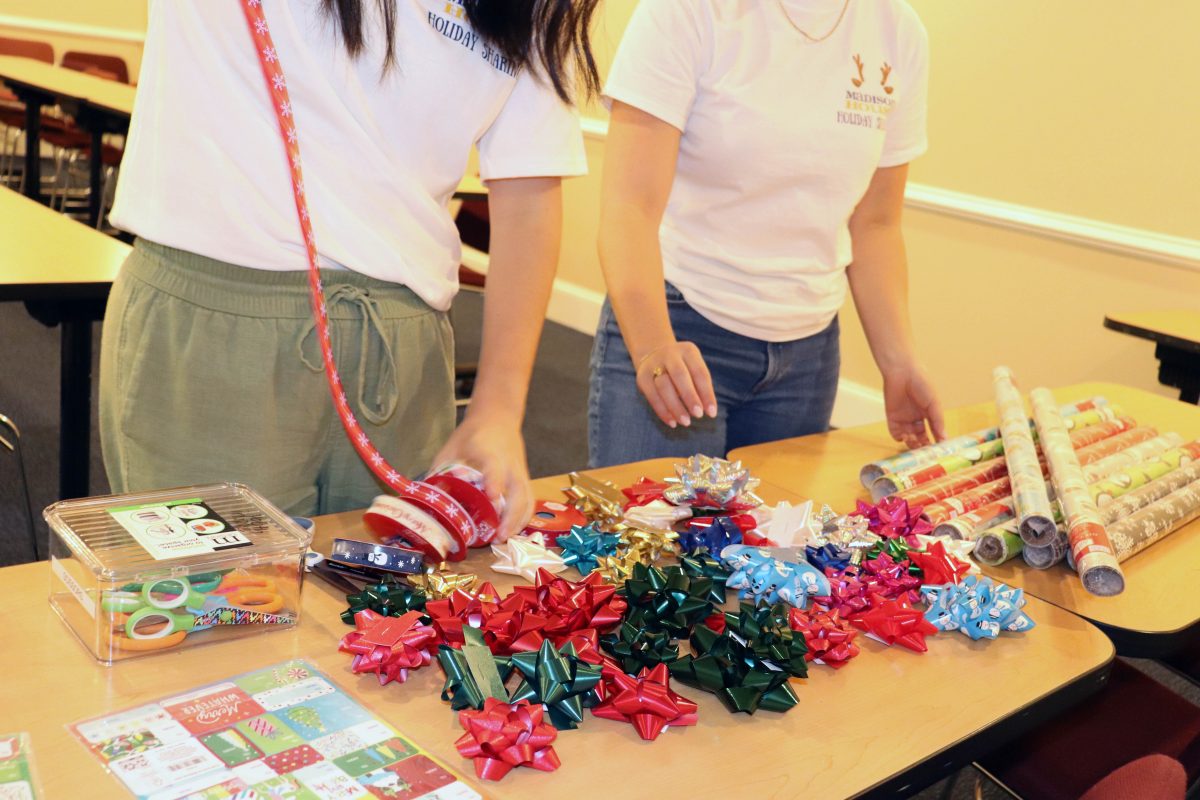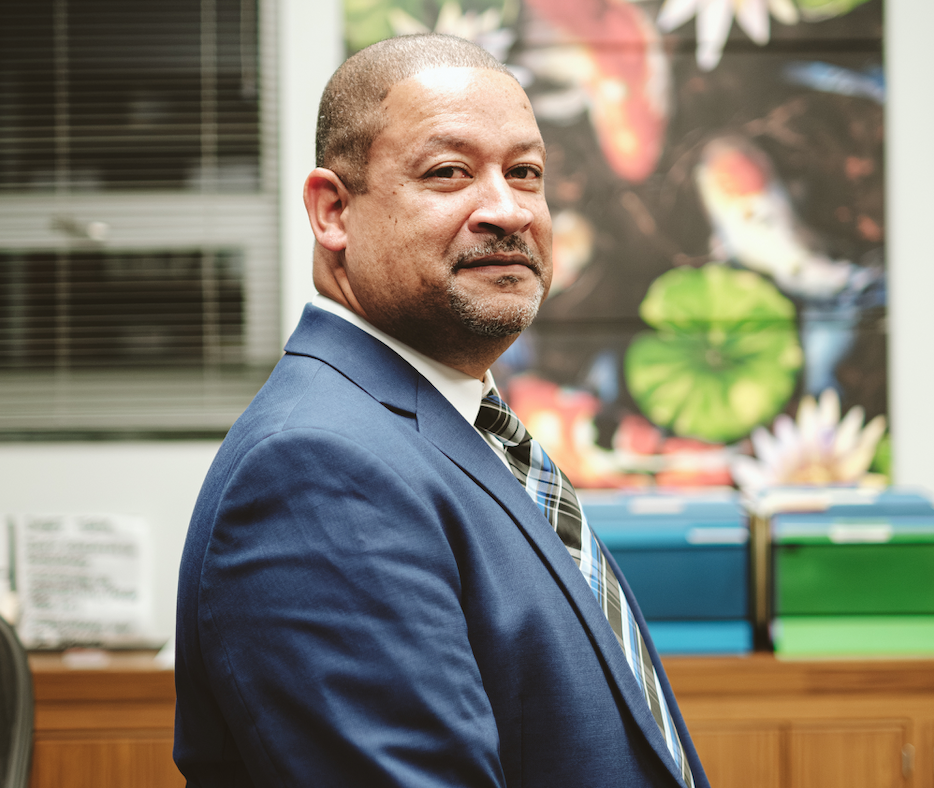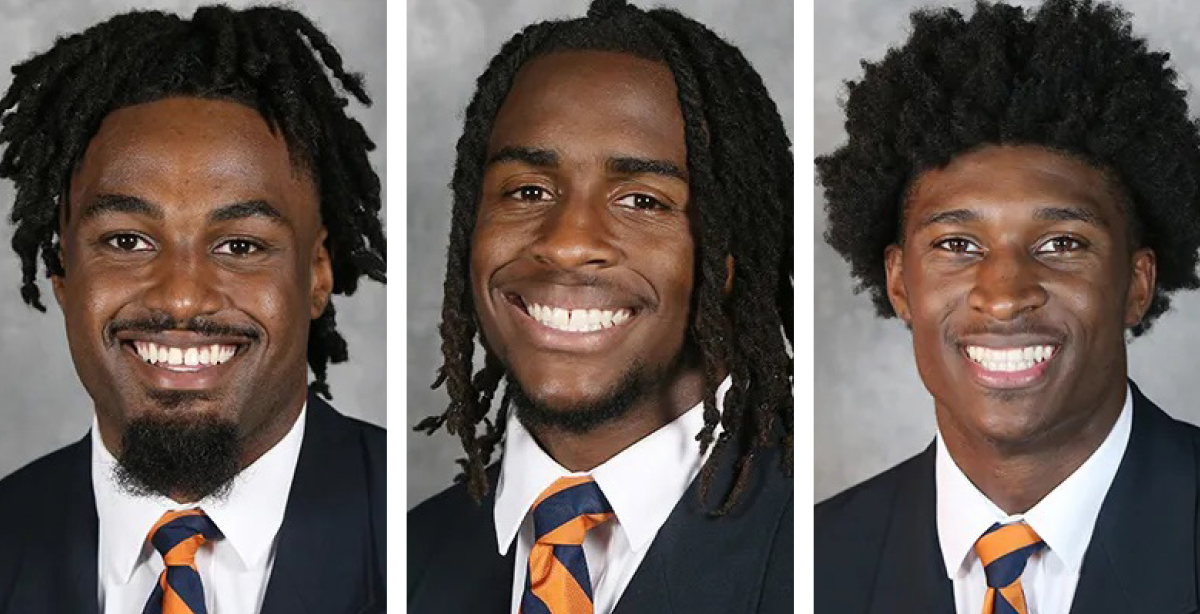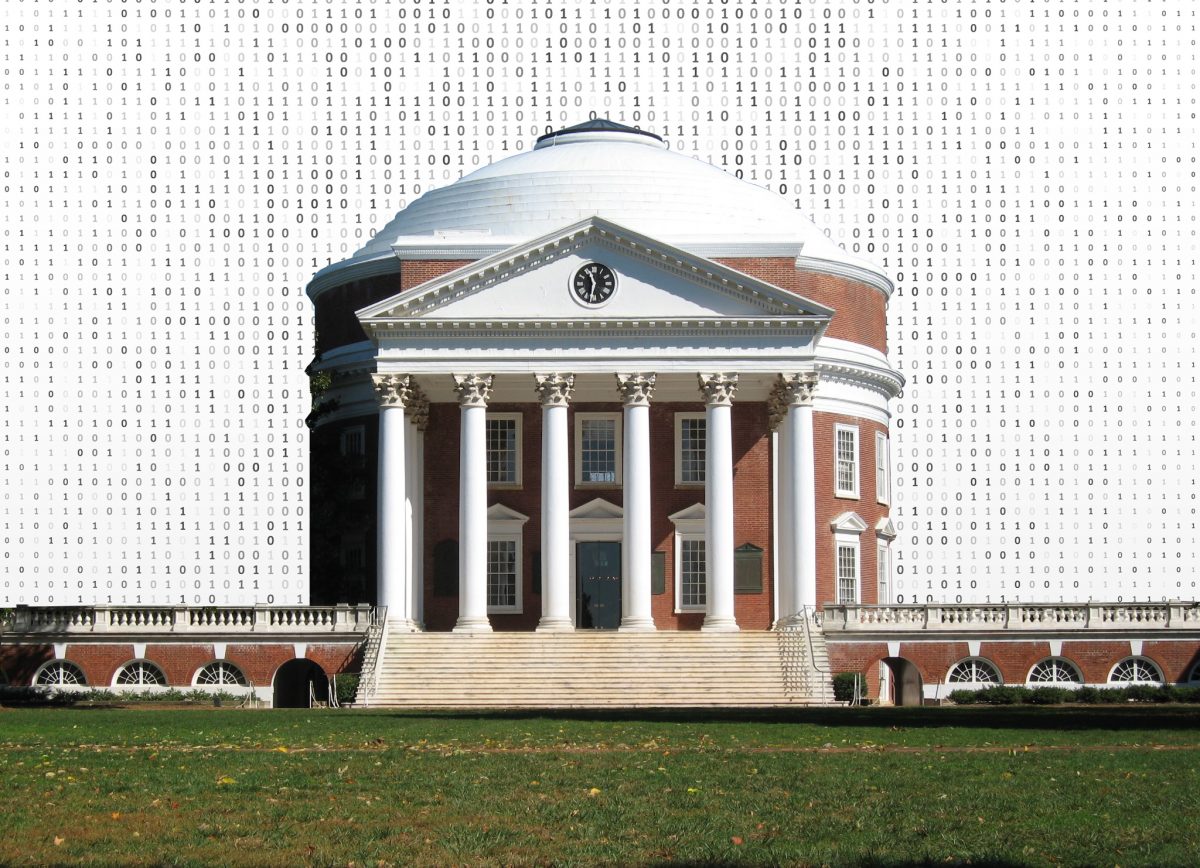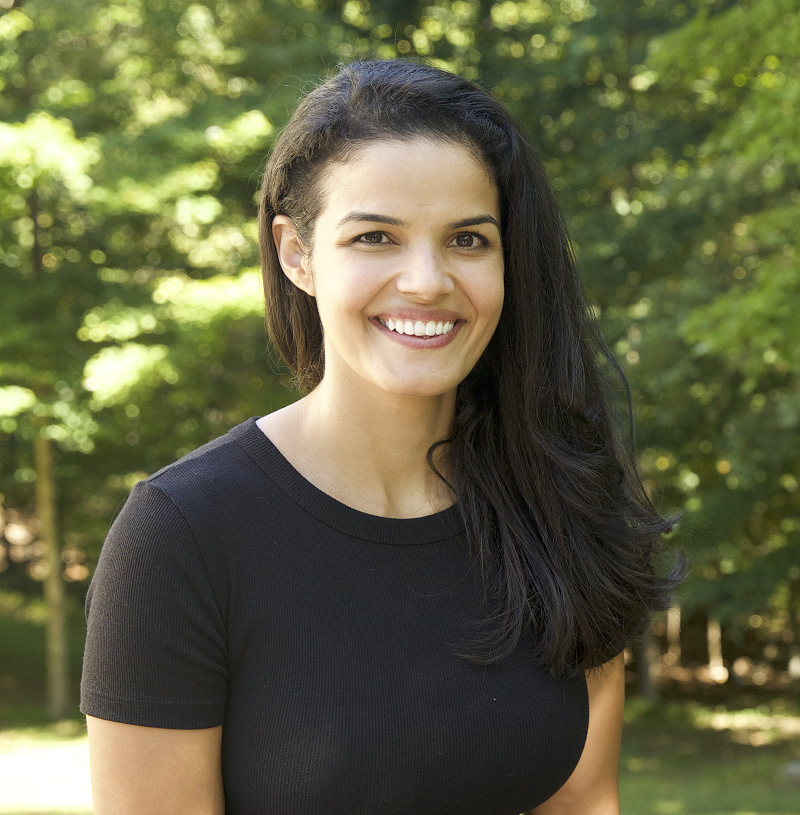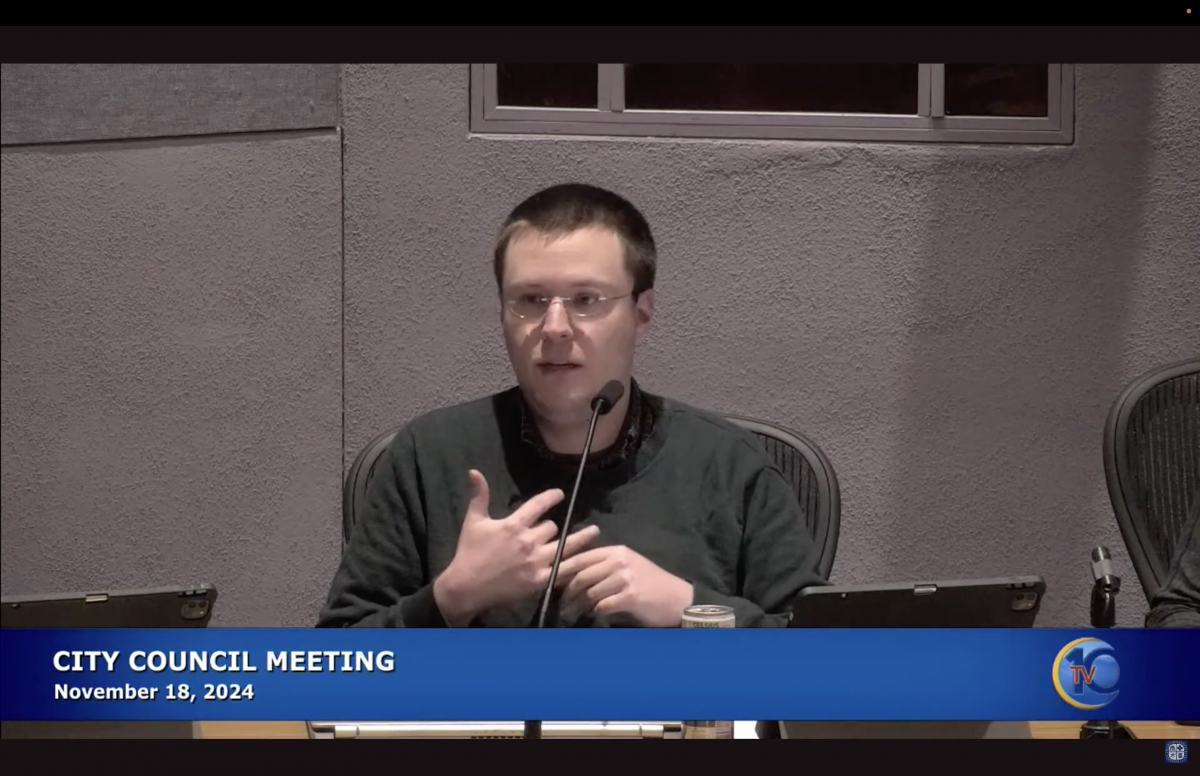As the nation mourns the passing of former president Jimmy Carter at the age of 100, the University of Virginia Miller Center is commemorating and celebrating his impact on its flagship initiative: the Presidential Oral History Program.
Founded in 1975, the Miller Center is a nonpartisan organization focused on studying the presidency and its accompanying history and policy. After the National Archives stopped conducting its outgoing presidential interviews, the Miller Center started its own oral history project. The Carter administration was the first participant.
In a comment via email, Miller Center Professor and Co-Chair of the Presidential Oral History Program Russell Riley shared the impact of Carter and his administration on the growth of the program.
“The main actor in the development of the oral history program at the Miller Center was Professor James Sterling Young, then head of the center’s program on the presidency,” said Riley. “[Young] began consulting with staffers from the Carter White House to secure their cooperation with a project once they left office in January 1981. Carter himself was also consulted and agreed to endorse these efforts, which was instrumental in getting his senior officials to cooperate.”
At Carter’s suggestion, Young and the team first interviewed members of the administration before speaking with the former president himself.
The Carter administration interviews “were absolutely indispensable for the emergence of an ongoing program in presidential oral history,” said Riley. “The Miller Center demonstrated that a privately funded research institution could actually get the work done. But it also demonstrated to scholars, journalists, practitioners, and students the tremendous value of hearing from those in the arena about their experiences and collective wisdom.” He noted that the Carter administration interviews helped reshape public perception of the presidency, shifting away from an overwhelmingly critical lens.
More than 20 members of the Carter administration participated in the oral history program, including Deputy Assistant to the President for Domestic Policy David Rubenstein, Assistant to the President for Domestic Affairs Stuart Eizenstat, White House Chief of Staff Hamilton Jordan, and advisor and friend Charles Kirbo.
“I’m eager to cooperate as much as possible today. I don’t have any restraints at all to express to you,” said Carter at the beginning of his interview, and then he offered to help connect the center with any outstanding interviewees. “I still have some influence, and I’ll be glad to help these procrastinators expedite any decisions.”
After his day-long interview on November 29, 1982, Carter continued his involvement with the Miller Center over many decades. He returned to Charlottesville for a 1987 public forum, the dedication of the Scripps Library wing of the center, and worked with the Miller Center to lead an election reform effort following the 2000 election.
The Carter interviews inspired the reinvigoration of the presidential oral history project in 1999. To date, the Miller Center has published oral history projects covering former presidents Carter, Gerald Ford, Ronald Reagan, George H.W. Bush, Bill Clinton, and George W. Bush.
In addition to his own oral history project, Carter participated in a currently unreleased interview about his relationship with Clinton.
Almost 44 years after the conclusion of his single term, Carter’s presidency continues to shape elements of the U.S. presidency and the Miller Center’s work.
“Domestically, Carter led a major effort in favor of deregulation, which in many ways was a precursor to what happened more vigorously under President Reagan,” said Riley. “In foreign policy, he was both a major peacemaker—including a masterful effort to bring peace between Egypt and Israel, and negotiating a return of the Panama Canal to Panama—and was responsible for helping to put human rights at the center of U.S. foreign affairs.”
Scholarship covering the Carter administration, and all of the published oral histories, continues at the Miller Center by drawing on the extensive archives of interviews. The center is currently working on interviews with the Obama administration, the first Trump administration, and soon, the Biden administration.
Beyond the presidency, Riley believes that Carter’s humanitarian work after leaving office set a precedent for his successors. “Former presidents today may well decide to cash in on their status, or just to play golf, but in so doing they defy public expectations, created by Carter, that public service is a continuing role for former presidents,” said Riley.
While the Carter administration’s public perception has shifted over the decades, the former president has long been celebrated for his volunteer and advocacy work post-presidency. Carter and wife, Rosalynn, worked with Habitat for Humanity for more than 30 years, with over 4,447 homes built, renovated, or repaired.
Carter, the longest-lived president, died on December 29, 2024. At press time, his remains are being transported to Washington, D.C., to lie in state in the U.S. Capitol Rotunda.
